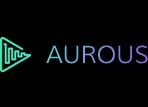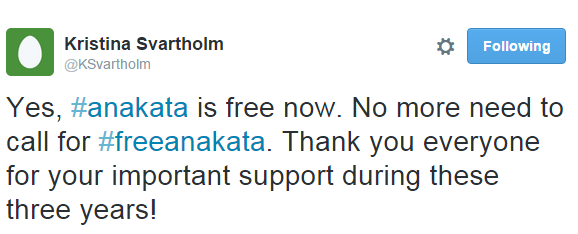Dutch Filmmakers Claim Piracy Damages From Government
mardi 29 septembre 2015 à 11:14 Compared to many other countries around the world, pirating movies and TV-shows is hugely popular in the Netherlands.
Compared to many other countries around the world, pirating movies and TV-shows is hugely popular in the Netherlands.
Up to a third of the population is estimated to download and stream copyrighted content without paying for it.
This high percentage is not surprising as the Netherlands has traditionally been a relative safe haven for pirates. Downloading movies without permission was not punishable by law until last year when the European Court of Justice spoke out against the tolerant stance.
As a result the Dutch Government quickly outlawed unauthorized downloading. However, breaking the habits of a large section of the population will take more than that and local piracy rates still remains high.
This prompted Dutch filmmakers’ association SEKAM to hold the Government responsible and demand compensation for the piracy losses they claim to have suffered.
FD reports that SEKAM submitted their claim to the Ministry of Security and Justice earlier this year. The request was denied but the filmmakers intend to press on. They maintain that their demands are legitimate and want the Government to compensate them for 10 years of piracy damages.
SEKAM lawyer Bas Le Poole points out that despite the new ban on illegal downloading, not much has changed. Piracy is still rampant and there haven’t been any prosecutions of individual downloaders.
This stance is shared by film producer San Fu Maltha. He notes that the Government has actually encouraged the public to pirate, costing the industry millions in revenue.
“Downloading pirated movies has only been outlawed recently in the Netherlands. Previously, the Government not only tolerated but even encouraged illegal downloading. As a result the industry has been severely damaged”
Critics often argue that the film industry itself can do more to counter piracy by making sure that content is widely available for a decent price. Maltha admits that improvements can be made on the supply side but adds that this should coincide with stronger enforcement.
“The Government has already decided that consumers should not be prosecuted. I understand that it’s not a popular move and electoral suicide, but they shouldn’t rule it out,” he says.
SEKAM is now calling for an accurate estimate of the damages the industry has suffered. Determining this is hard, but the association points to a recent Considerati study which estimated the losses at 78 million euros per year.
Source: TorrentFreak, for the latest info on copyright, file-sharing, torrent sites and ANONYMOUS VPN services.
 Earlier this month,
Earlier this month, 
 Gottfrid Svartholm, also known as Anakata, was a founding member of The Pirate Bay and played a key role during the site’s early years.
Gottfrid Svartholm, also known as Anakata, was a founding member of The Pirate Bay and played a key role during the site’s early years.

 As the extradition hearing of Kim Dotcom and his former Megaupload colleagues enters a second week, a lawyer acting for the United States government has continued to make the case against the Internet entrepreneur and co-defendants Mathias Ortmann, Finn Batato and Bram van der Kolk.
As the extradition hearing of Kim Dotcom and his former Megaupload colleagues enters a second week, a lawyer acting for the United States government has continued to make the case against the Internet entrepreneur and co-defendants Mathias Ortmann, Finn Batato and Bram van der Kolk.  This week we have four newcomers in our chart.
This week we have four newcomers in our chart.